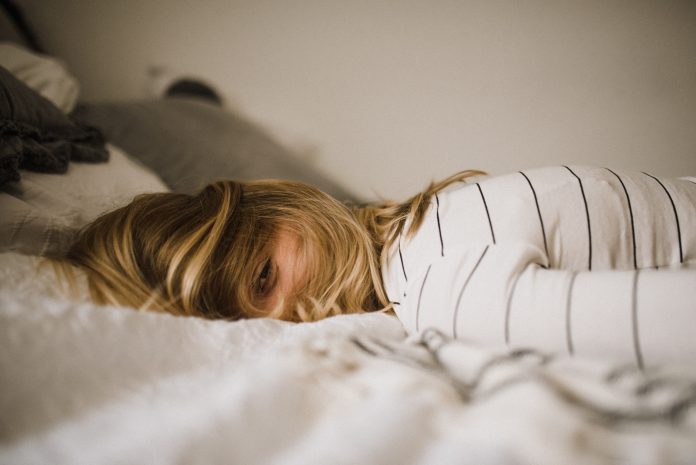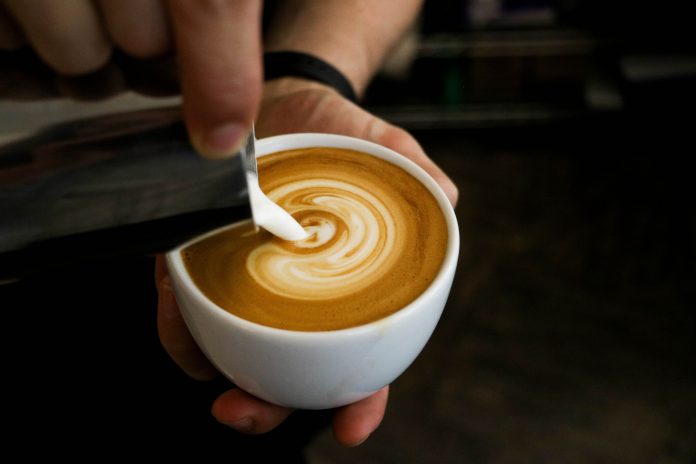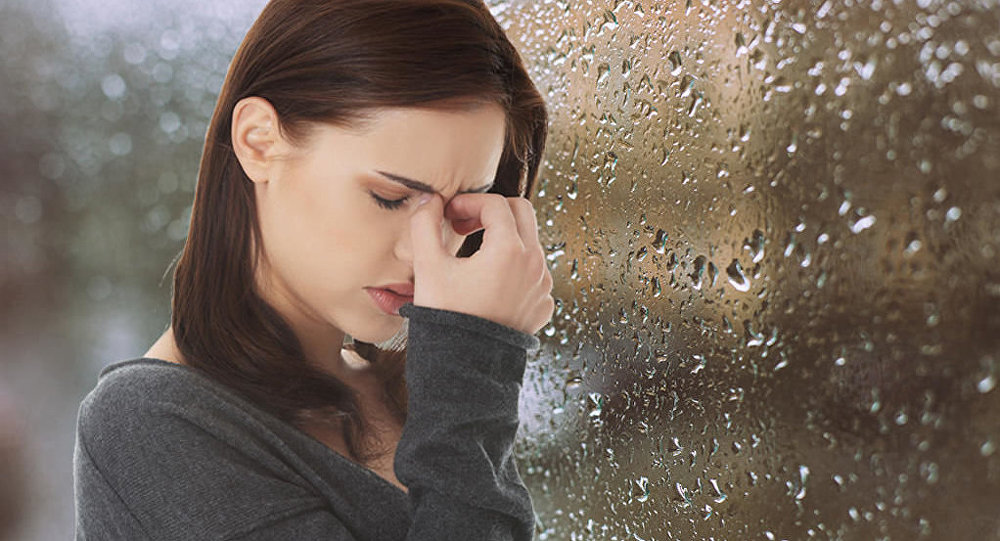Does drinking coffee before going to bed cause insomnia? New research reveals that the sleep killer is someone else.
Professional coffee knowledge exchange more coffee bean information please follow the coffee workshop (Wechat official account cafe_style)
Many people are used to drinking coffee to refresh themselves, and they can't sleep if they drink it too late. However, recent research has completely overturned the established beliefs of many people. A 14-year study in the United States found that drinking coffee near bedtime does not interfere with sleep, and that "alcohol" and "nicotine" are the most likely causes of insomnia. Drinking alcohol within four hours before bed is more likely to disrupt sleep than caffeine, while nicotine, which is inhaled when smoking cigarettes or e-cigarettes, especially at night, has a greater impact on insomnia.

A joint study by Florida Atlantic University, Harvard University, Emory University and Mississippi Medical Center found no strong link between coffee and insomnia, according to the Daily Mail. The study lasted 14 years and involved 785 African-Americans, none of whom had a history of sleep disorders. Each person wears a wristband sensor to monitor sleep and keep a diary of sleeping, feeling, eating, smoking, drinking and other items at night.
Although there may be mistakes in self-filling records, the researchers are confident of the consistency of the results. Even if you control other factors that may affect sleep, such as age, sex, obesity, whether you go to school the next day, depression, anxiety, stress, and so on, caffeine has little effect on sleep.

According to the subjects' reports, sleepless nights usually occur after drinking, especially when drinking very close to bedtime. Although drinking does affect sleep, it is not as good as nicotine. The study found that smokers and e-cigarettes slept an average of 43 minutes less than non-smokers.
END
Important Notice :
前街咖啡 FrontStreet Coffee has moved to new addredd:
FrontStreet Coffee Address: 315,Donghua East Road,GuangZhou
Tel:020 38364473
- Prev

Understand Arabica Coffee how to make Arabica Coffee Culture
Professional coffee knowledge exchange more coffee bean information please follow the coffee workshop (Wechat official account cafe_style) Arabian coffee history: the origin of coffee legend came from the shepherds of Ethiopia, and then spread to the Arab countries, but according to historical data about the eighth century AD the leaves of the Arabian Peninsula and Ethiopia across the Red Sea have a record of trade, and at this time there are also records of trade in Yemen.
- Next

Caffeine intake affects migraine risk, Harvard study found
Professional Coffee knowledge Exchange more information on coffee beans Please follow the Coffee Workshop (Wechat official account cafe_style) according to foreign media reports, a new study from Harvard Chen Zengxi School of Public Health (Harvard TH Chan School of Public Health) warns that if you are one of the millions who are prone to migraines, then don't drink another cup of coffee. They do research.
Related
- How did the Salvadoran coffee industry develop in Central America?
- What exactly does the golden cup extraction of coffee mean?
- The Origin of Coffee flower
- [2023 Starbucks World Earth Day] there are more meaningful things besides free Starbucks coffee!
- What kind of coffee is there in Spain? 9 Flavors of Spanish Coffee
- Aromatic African coffee| Kenya's coffee culture and historical production area
- Liberica Coffee Bean knowledge: the characteristics of Liberian Coffee beans of the three original species of Coffee beans
- The origin and formula of Spanish latte introduces the taste characteristics of Bombon coffee in Valencia, Spain.
- How to adjust the solution of over-extracted coffee
- What is the tasting period of coffee beans? What is the period of coffee and beans? How should coffee wake up and raise beans?

